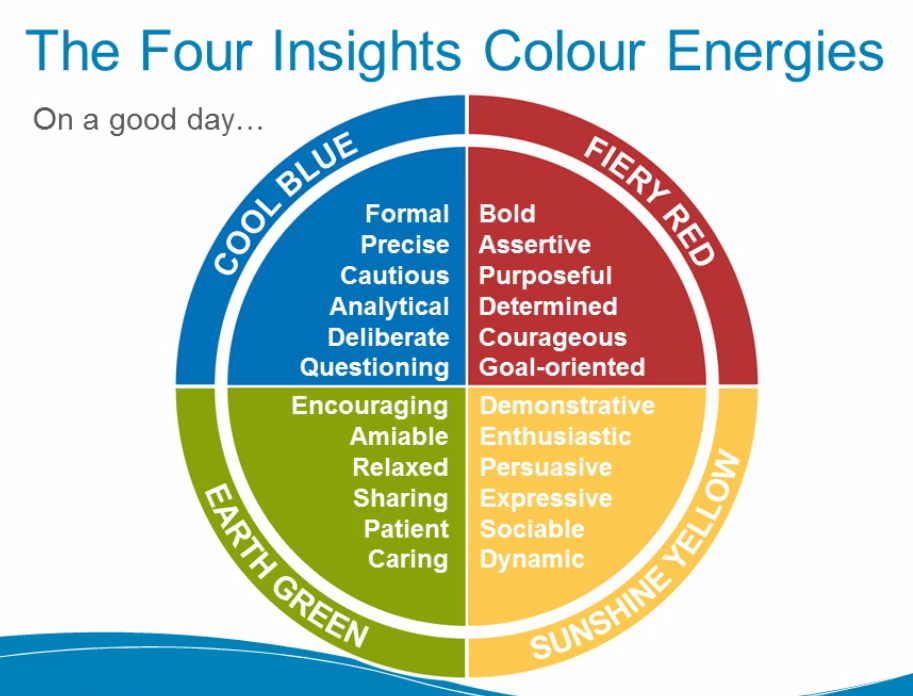Ask Lemmy
A Fediverse community for open-ended, thought provoking questions
Rules: (interactive)
1) Be nice and; have fun
Doxxing, trolling, sealioning, racism, and toxicity are not welcomed in AskLemmy. Remember what your mother said: if you can't say something nice, don't say anything at all. In addition, the site-wide Lemmy.world terms of service also apply here. Please familiarize yourself with them
2) All posts must end with a '?'
This is sort of like Jeopardy. Please phrase all post titles in the form of a proper question ending with ?
3) No spam
Please do not flood the community with nonsense. Actual suspected spammers will be banned on site. No astroturfing.
4) NSFW is okay, within reason
Just remember to tag posts with either a content warning or a [NSFW] tag. Overtly sexual posts are not allowed, please direct them to either [email protected] or [email protected].
NSFW comments should be restricted to posts tagged [NSFW].
5) This is not a support community.
It is not a place for 'how do I?', type questions.
If you have any questions regarding the site itself or would like to report a community, please direct them to Lemmy.world Support or email [email protected]. For other questions check our partnered communities list, or use the search function.
6) No US Politics.
Please don't post about current US Politics. If you need to do this, try [email protected] or [email protected]
Reminder: The terms of service apply here too.
Partnered Communities:
Logo design credit goes to: tubbadu
view the rest of the comments


Most typological approaches to personality are BS. Take Meyers Briggs as an example. If you are 51% extroverted, you are an extrovert, supposedly having more in common with someone who scored 100% on that same metric than an “introvert” who scored 49% on that metric.
I don't think Meyers Briggs claims that magnitude is irrelevant. Most tests I've done will tell you a score on each of the four axes.
MBTI most definitely takes magnitude into account. It's bullshit for many other reasons, including not being reliably measurable.
Is anything in psychology reliably measurable?
Yes, very much so, many many things.
Well yes they are.
That's why I was asking if any stood out to you as helpful.
Yeah I didn’t have an answer but wanted to contribute to the conversation lol
I must be pretty solidly into my categories on MB as while I agree it is BS, it was also alarmingly accurate for me.
Ya not a fan of those ones, they need more room for public vs private introversion like I'd sooner walk on a stage naked and introduce myself than to try and mingle at a party